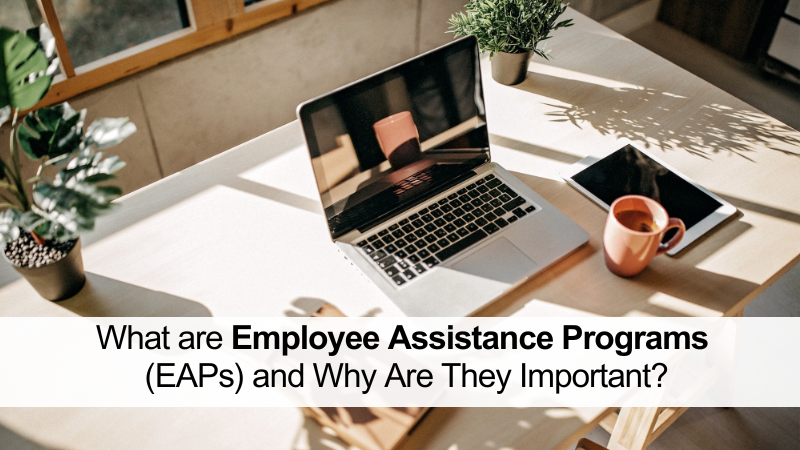Nutritional Advice: Being in the middle of the information age, we are constantly exposed to a high volume of information all around us every day. With so much information available from our fingertips comes also a lot of misinformation. There is so much information out there on what to eat, what not to eat and why a new diet is the next big thing. It can be hard to sift through what is fact from fiction and how the advice will benefit you. When it comes to the topic of food and nutrition, it is a very noisy area.
So, what nutritional advice should you follow specific to your needs?
Seeking advice from an Accredited Practicing Dietitian can help you take the guess work on how you can achieve your nutritional goals.
What exactly is a dietitian?
Accredited Practicing Dietitians are health professionals with the skills and qualification to help you translate scientific nutrition information into practical advice. Dietitians are accredited by the Dietitians Associations of Australia (DAA). They are committed to keep up to date with continuous training and education to provide evidence-base practice in order to work with you to achieve your nutritional goals.
Why should I visit a dietitian?
There are many reasons why people choose to visit a dietitian, this includes:
- Weight management
- Diabetes management
- Cardiovascular Disease including high cholesterol and high blood pressure
- Irritable Bowel Syndrome (food intolerances e.g. lactose and fructose intolerance)
- Coeliac disease and gluten free diets
- Nutrient deficiencies
- Vegan and vegetarian diets
- Nutrition in the senior years
What to expect from an appointment with a dietitian?
At the first visit with a dietitian, expect to answer a lot of questions about your lifestyle, current diet, exercise habits and general health. These questions along will allow for tailored and individualised nutritional recommendations for your needs. The first visit usually run for around 45 minutes to an hour.
Through providing evidence-based advice, Dietitians will help provide advice relevant to your medical conditions. They will teach you what you need to know about that condition and the dietary changes that can help you treat the condition. They can also take into account your food likes/dislikes and put together a suitable eating plan to help you achieve your goals.
Follow-up appointments allow the dietitian to keep track of your progress, support you and fine-tune your eating plan. Your dietitian’s main goal is to give you the knowledge and skills to be able to make the best food choices and take care of your health.
CONTACT US
If you want additional support, ACT Curious can book you in to our dietitian or nutritionist.
DISCLAIMER: The content of this blog is not intended to be a substitute for professional medical advice, diagnosis, or treatment.
ABOUT THE AUTHOR
Benjamin David, APD Dietitian
copyright: 20 September 2019






